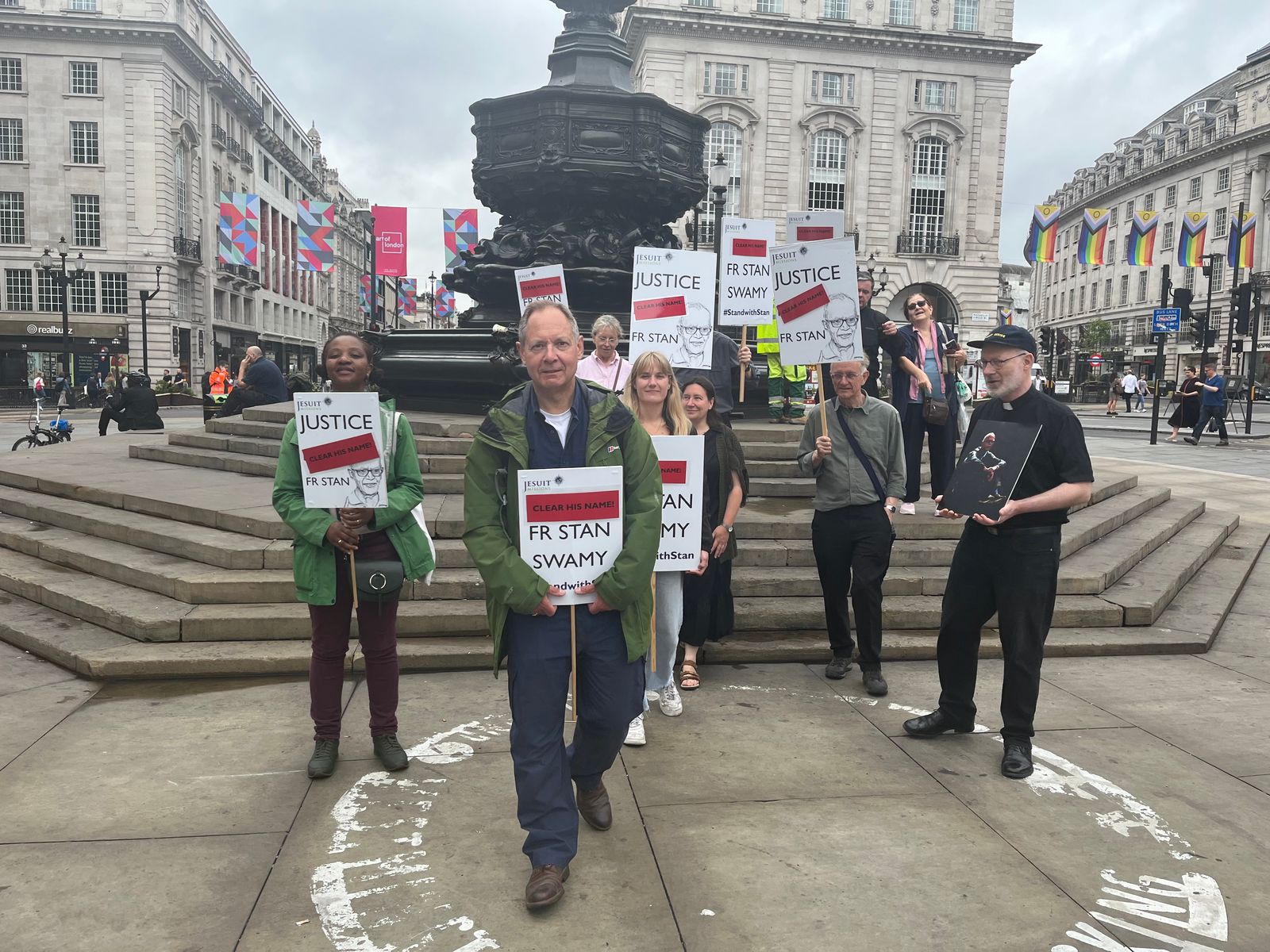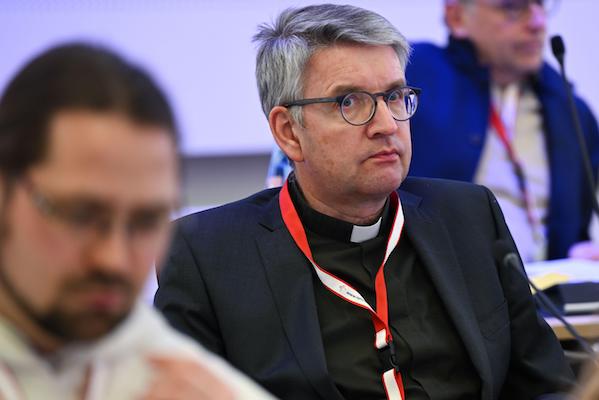Several prominent German bishops have defended the synodal path initiative’s plans to set up a “synodal committee” which will prepare for the establishment of a nationwide permanent “synodal council” to be held in 2026, with bishops and lay Catholics sharing decision-making.
Four of Germany’s 27 diocesan bishops have refused to finance such a committee. They are sharply critical of setting up a body which in their – but also in the Vatican’s – opinion is against canon law.
Their refusal to finance it means that the Association of German Dioceses, a fund into which all dioceses pay, will not be able to finance the committee as financial decisions have to be unanimous, that is all 27 diocesan bishops have to agree to them.
Bishop Stefan Hesse of Hamburg said in a public statement it was a “stroke of good fortune” that the German Church had set out on its synodal path and wanted to establish a synodal committee.
He said he was convinced that the synodal committee would work efficiently and, as the costs were manageable, it would soon prove possible to find the necessary funding for it.
It was above all imperative not to allow a financial boycott from stopping efforts to reform the Church which a large majority of bishops had set out on, he emphasised.
Bishop Peter Kohlgraf of Mainz regretted that the decision to finance the synodal committee had not been unanimous. He said that those bishops who want to continue with the synodal path, together with the Central Committee of German (lay) Catholics, must look for alternative funding.
Bishop Michael Gerber of Fulda noted that the German synodal path initiative had been triggered by the scandal of clerical sexual abuse which had come to light in 2018.
“Let us resolutely pursue our efforts to clarify what happened and to take a critical look at the systemic causes [of clerical sexual abuse] even if this is a huge challenge for us as a Church.
“I am sure that the large majority of bishops who are in favour of establishing a synodal committee will find a way of financing it,” he underlined.
And the vice president of the Central Committee of German (lay) Catholics, Thomas Söding said that he, too, was sure that a financial solution would be found.
He said: “It is our church tax money. Why should only the bishops decide what is done with it?”
A compulsory church tax of between eight and nine per cent of registered Catholics’ net income is deducted at source in Germany.



 Loading ...
Loading ...